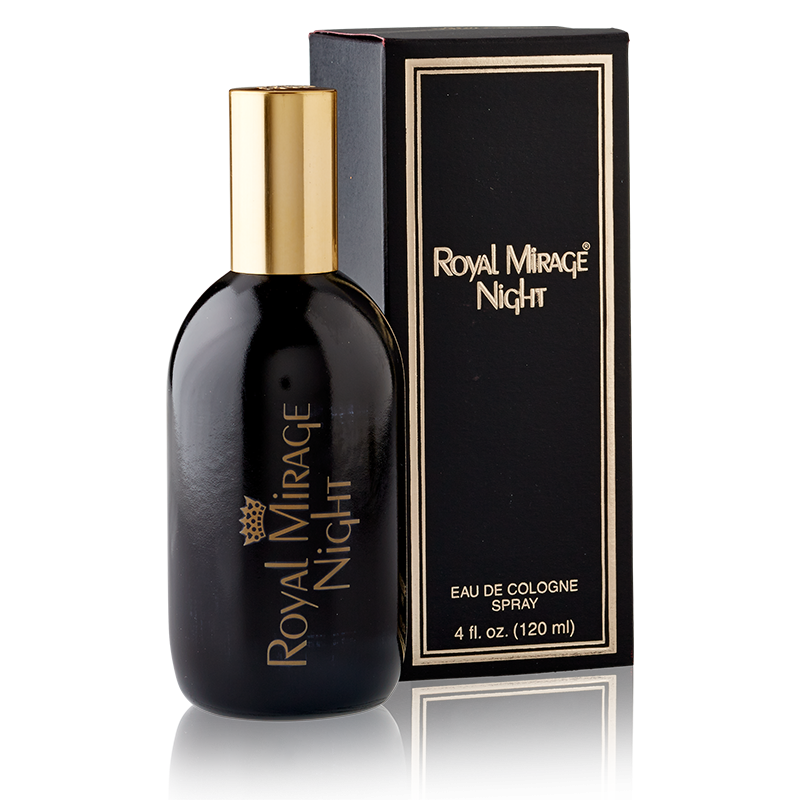Are you considering getting a facelift? If so, congratulations on taking the first step towards boosting your confidence and feeling great about yourself!
However, before diving into any cosmetic surgery, it’s important to understand what to expect during the recovery process. After all, recovering from a facelift can be a long journey – but don’t worry; we’ve got you covered.
Here, we’ll guide you through everything you need to know about facelift recovery so that you can relax and focus on healing like a pro!
Swelling and Bruising
When you first wake up from surgery, your face will be swollen and bruised. This is normal and to be expected. The swelling will go down over the next few days, but the bruising can last for up to two weeks.
You may also have drains in place to help remove any excess fluid. It’s important to keep your head elevated as much as possible to help reduce the swelling. Your surgeon for plastic surgery will give you specific instructions on how to care for your drains, what medications to take, and when you can return to normal activities.
Dressing and Bandages
Your surgeon will provide you with specific instructions on how to care for your dressings and wounds. It is important to follow these instructions carefully to ensure proper healing.
In most cases, the dressings will be removed within a few days of surgery. Once they are removed, you will be able to shower and gently wash your face. Be sure to avoid scrubbing or rubbing the incisions as they heal.
After about a week, you should be able to resume using makeup and hair products around the incision sites. If you have any questions or concerns about your surgery recovery, don’t hesitate to reach out to your surgeon’s office for guidance or this clinic for a facelift by Dr. Pruitt.
Restricted Activities
There are certain activities that you will need to avoid during your facelift recovery to ensure proper healing. These restricted activities include avoiding any strenuous activity or exercise, as this can increase swelling and bleeding.
You must be avoiding exposure to sunlight or ultraviolet light – this can cause skin irritation and slow down the healing process. Make sure to also avoid smoking, as this can delay healing and increase the risk of complications.
Alcohol can also delay healing and increase the risk of complications. Lastly, avoid hot showers or baths – this can cause skin irritation.
Follow-Up Appointments
If you have had a facelift, your surgeon will want to see you for follow-up appointments. During these appointments, your surgeon will check your incisions and make sure that they are healing properly. Your surgeon will also remove any drains that were placed during surgery.
It is important to keep all of your follow-up appointments so that your surgeon can monitor your recovery. If you have any concerns or questions, be sure to bring them up at your appointments.
Be Aware of What Transpires During Facelift Recovery
Facelift recovery is an important part of the procedure and can be made smoother if you are aware of what transpires. Make sure to speak with your surgeon about their post-op instructions.
Also, follow the guidelines to ensure the best possible recovery. Take control of your well-being and enjoy the fruits of your youthful, refreshed look!
Explore our blog page and check out helpful posts like this.
James Martin is a passionate writer and the founder of OnTimeMagazines & EastLifePro. He loves to write principally about technology trends. He loves to share his opinion on what’s happening in tech around the world.



